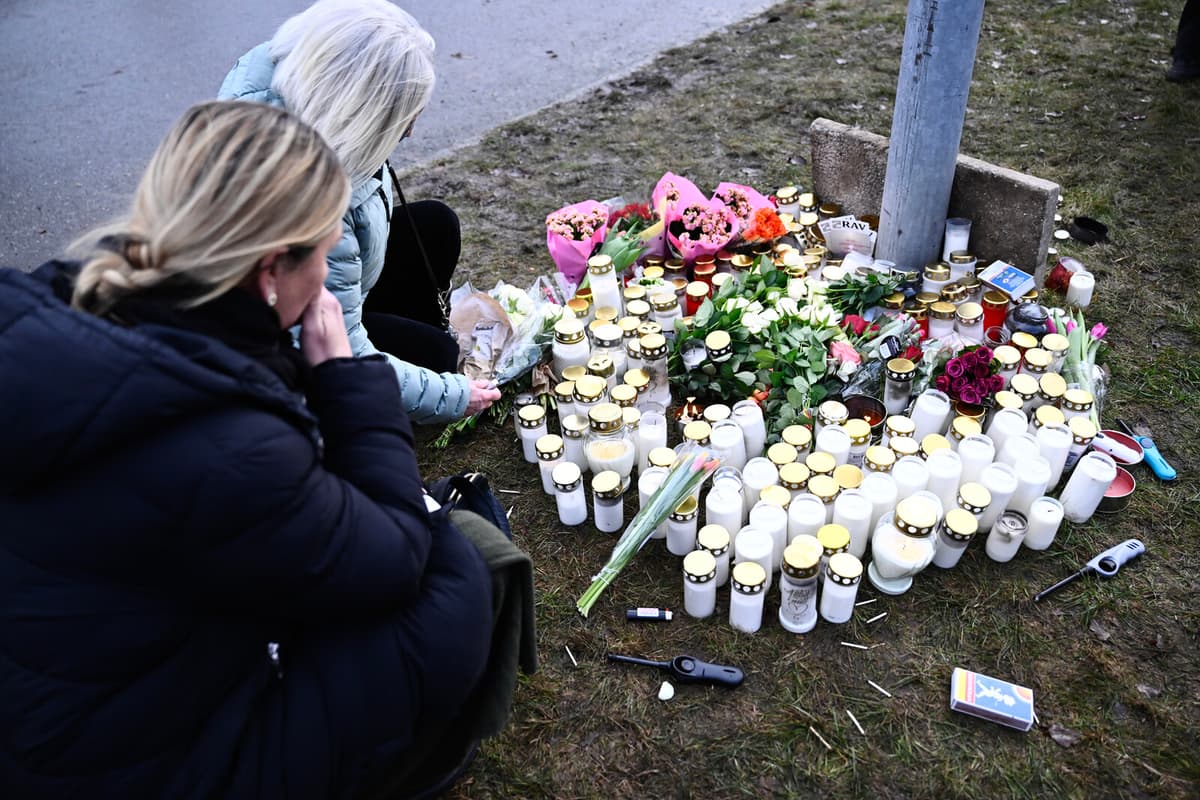A good first step is to find out what the child already knows about the event.
Then you have a starting point and can adapt the questions accordingly, says Anna Norlén, who is a psychologist and head of operations at the Erica Foundation.
She has extensive experience of talking to children in various types of crises.
If the child does not know much or seems unaffected, it is not always necessary to continue talking about it, says Norlén.
Then it is better to say that you are there to answer questions if the child wonders about something. And show that as an adult, you are willing to talk about it if the child wants to.
Important not to speculate
Anna Norlén emphasizes that it is important for adults not to start speculating about the event, but to stick to what they know.
If you have older children, it can be good to talk about what is happening on their mobile phones. That you do not spread further information that may not be true.
At the same time, she means that you should not dismiss the content directly. It can be good to have a discussion about what is spreading on the internet.
You can ask what is happening in the child's feed and try to help the child be source-critical. Then, as an adult, you can also try to tip off about credible sources the child can turn to for information.
"Let everyday life continue"
If you as an adult feel very upset, it can be good to calm down and turn to other adults before talking to the child.
If the adult is very upset, there is a risk that the conversation will create even more anxiety for the child.
According to Anna Norlén, it is also important to continue with everyday life as usual.
Despite it being terrible, it is important to remind about positive things and let everyday life continue as usual, she says.






